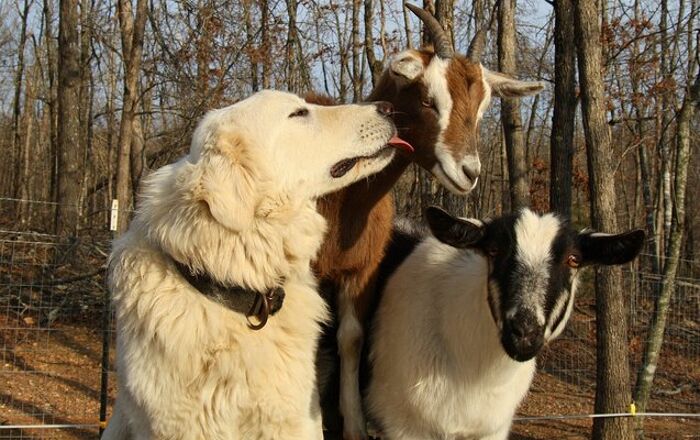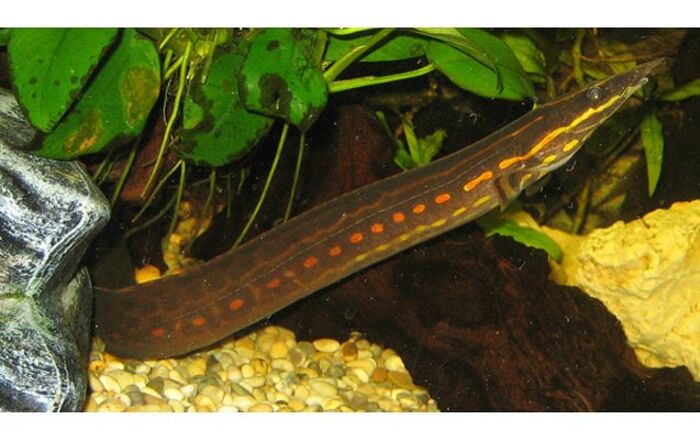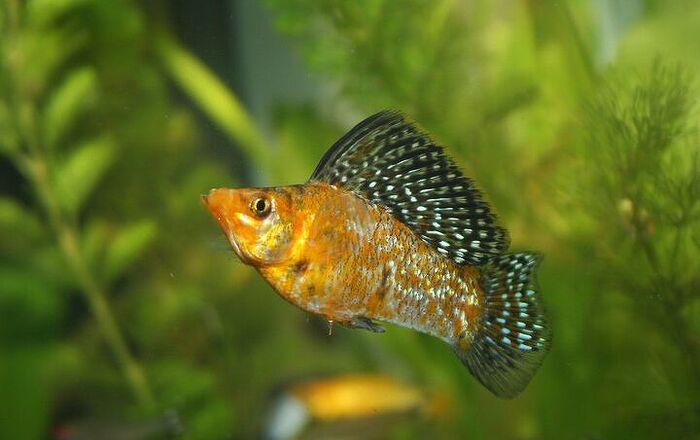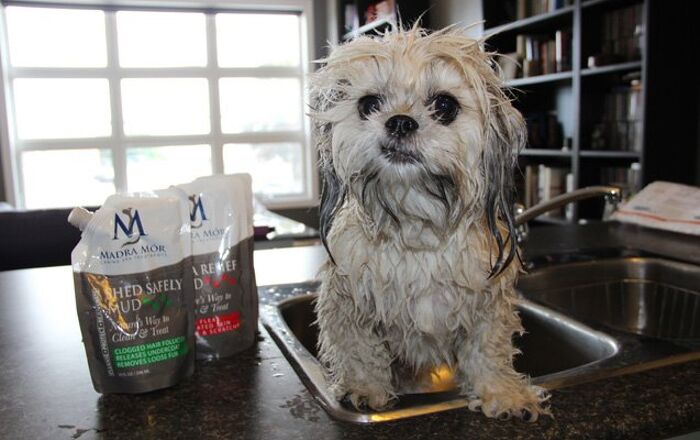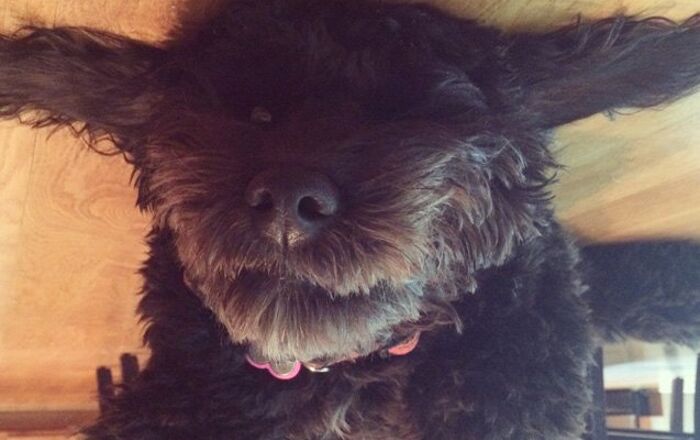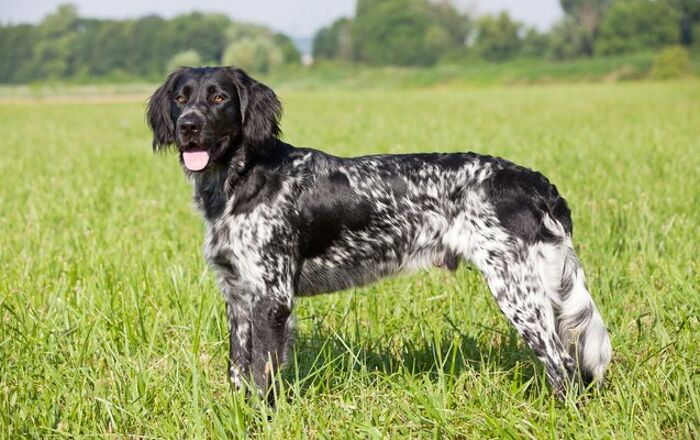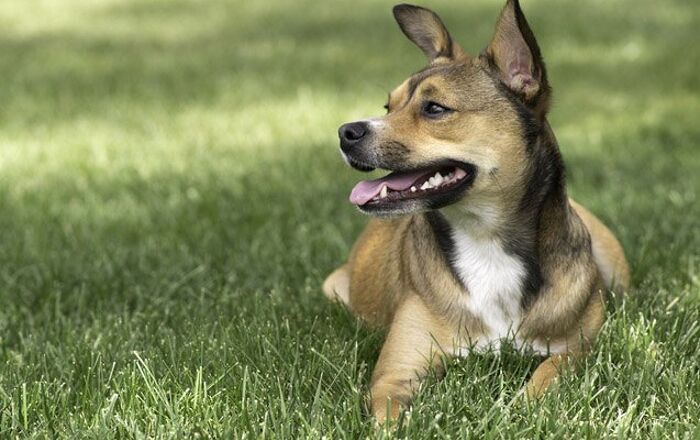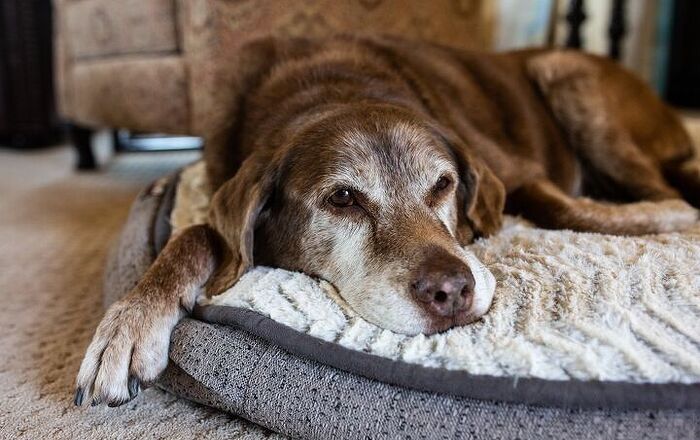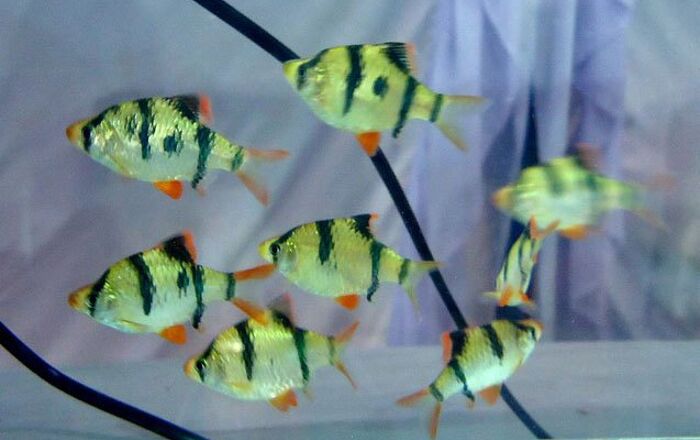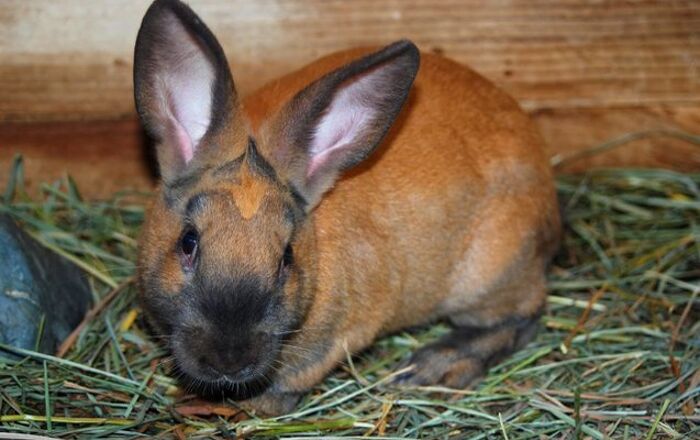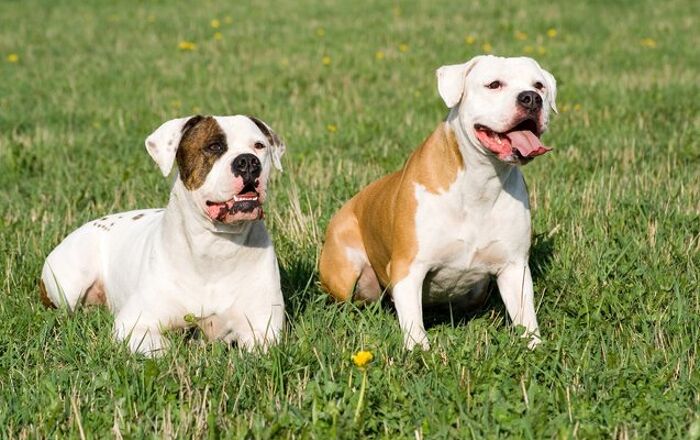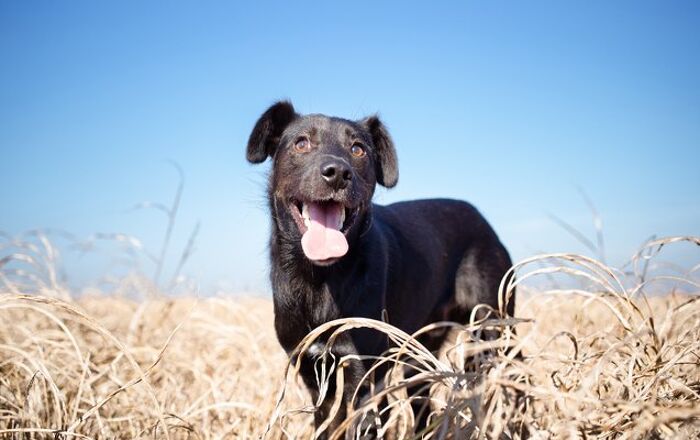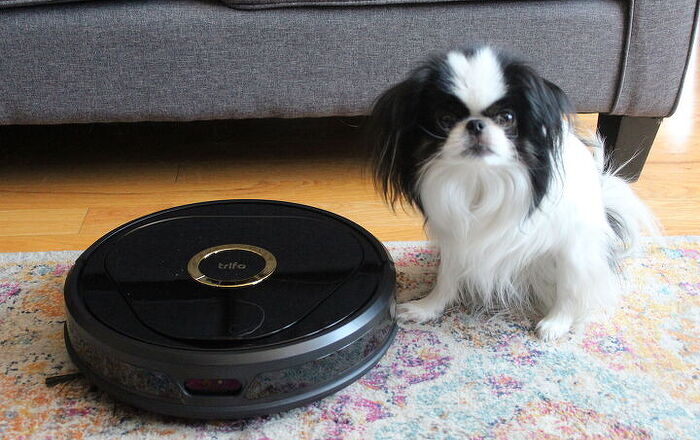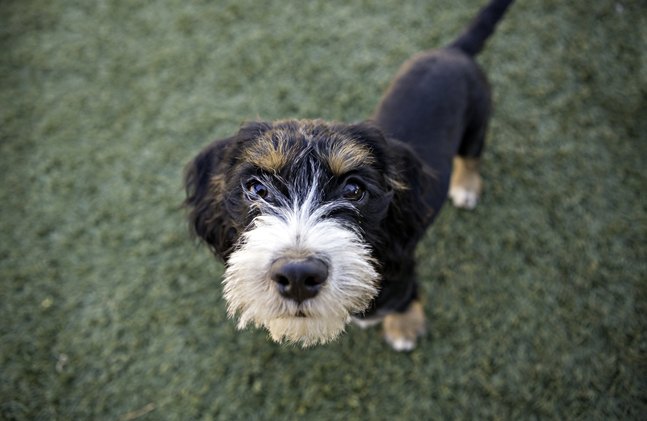
Shorgi Basics
The sturdy little Shorgi is full of personality; bringing together the headstrong, feisty character of the Shih Tzu and the people-pleasing nature of the Queen of England’s fave pet, the Pembroke Welsh Corgi. This boy is affectionate, loyal and loving to his owner but can be a handful when it comes to younger kids or other dogs.
The full-of-personality Shorgi brings together the feisty Shih Tzu and the people-pleasing Pembroke Welsh Corgi.
Origin
The Shorgi has some pretty impressive lineage that dates back to Tibet around the year 800 (Shih Tzu) and Vikings in the 10th century (Pembroke Welsh Corgi). In spite of this historic background, the Shorgi himself likely appeared in the 1980s when breeders first began crossing pure-bred dogs to create pups that were free of the health issues that plagued their pure-bred parents. These dogs are also often bred to be gentler, smaller and hypo-allergenic.
Pedigree
Because he comes from 2 different pure-breds, the Shorgi doesn’t qualify to join the American Kennel Club (AKC) however both parent breeds are members; the Pembroke Welsh Corgi joined the “herding” group in 1934 while the Shih Tzu was named to AKC’s “toy” group in 1969.
Food/Diet
The Shorgi is a fairly active little dog who will need a top-quality kibble that is specifically designed for a pooch of his size, age and activity levels. Because this dog is prone to becoming obese and can experience joint issues later in life, maintaining an ideal weight is crucial. Opt for a food low in fillers that may cause him to over-eat to feel full and plan to feed him 2 to 3 smaller meals each day versus allowing him to free-feed.
The Shorgi is absolutely devoted to his family and loves human interaction and cuddling.
Training
The Shorgi is a quick study when it comes to picking up and obeying commands however if your pooch inherits the Shih Tzu’s stubborn streak, he can be a challenge to house train. Because he can be territorial and even aggressive toward other dogs, early socialization will be crucial with this pooch. Take a firm, consistent, rewards-based approach to his training and don’t hesitate to bring in the professionals if you aren’t getting results.
Weight
The Shorgi’s weight can range from 25 to 45 pounds dependent on which breed he more closely resembles.
Temperament/Behavior
The Shorgi is absolutely devoted to his family and loves human interaction and cuddling. This strong need for attention can result in separation anxiety when he’s left for long periods and destructive behaviors may ensue so consider puzzle toys and activities that can help keep him preoccupied and mentally stimulated. His sense of loyalty and desire to protect his family may cause him to be territorial and aggressive towards other animals, children and strangers, which can be addressed with early socialization.
Common Health Problems
While designer dogs are generally healthy, it’s always smart to read up on what your new pup could inherit down the line. With the Shorgi, that can include joint such as hip dysplasia as well as intervertebral disc disease and eye related issues.
Life Expectancy
The Shorgi has a life expectancy of between 12 and 15 years.
Exercise Requirements
The Shorgi is considered a fairly active dog which means he’ll need not only regular daily walks but a little interactive playtime such as a tossed ball and visits to a dog park to keep him physically fit. Visits to a leash-free zone where he can run and burn off some energy are a great idea, but ensure he is socialized and knows how to play nice with other dogs beforehand.
The Shorgi bonds quickly to his family and can become territorial with other dogs if not socialized.
Recognized Clubs
Although the Shorgi’s non-pure-bred status means he doesn’t qualify for the American Kennel Club (AKC) he is recognized by the American Canine Hybrid Club (ACHC), the Dog Registry of America, Inc. (DRA), the Designer Breed Registry (DBR), the Designer Dogs Kennel Club (DDKC) and the International Designer Canine Registry (IDCR).
Coat
The Shorgi is considered a moderate-shedding dog and if he inherits the Shih Tzu’s long, straight, silky coat, he will require daily brushing to keep it from matting and tangling. If your pup has the Corgi’s shorter, flat coat, a light brushing 3 to 4 times a week should be sufficient to help keep loose hair in check. Because of his floppy ears, he can be prone to infections so plan to inspect and clean his ears weekly. By brushing his teeth 2 to 3 times per week you can help prevent periodontal disease.
Puppies
While socialization with any puppy is important, it’s particularly so with the Shorgi. He bonds quickly with his pet parent and can become territorial and aggressive towards other animals if not taught otherwise. House-training can be a challenge thanks to the Shih Tzu in him, so begin early and practice patience.

